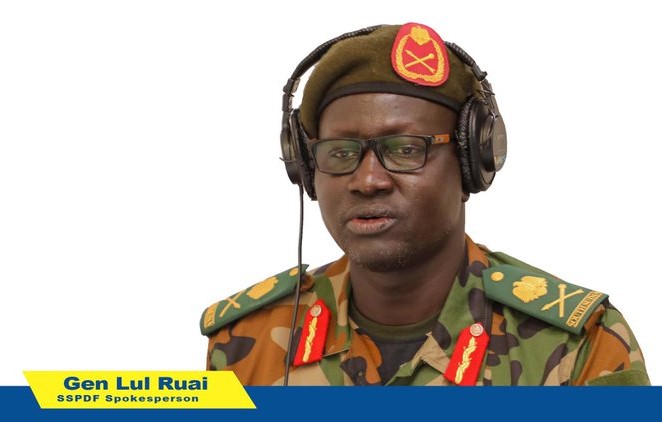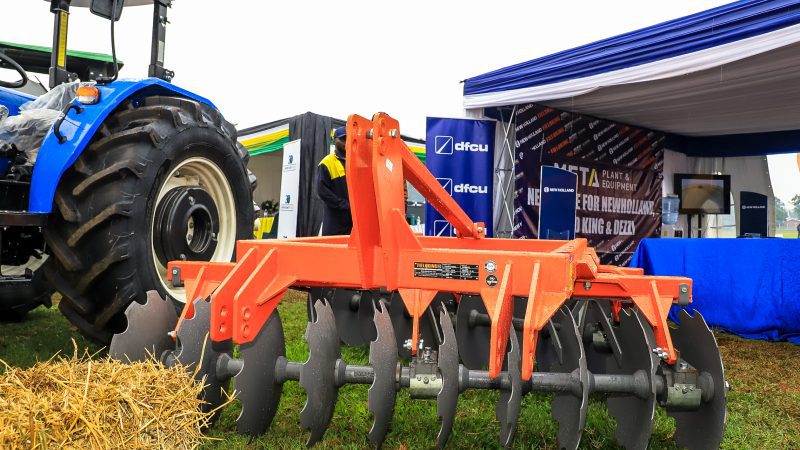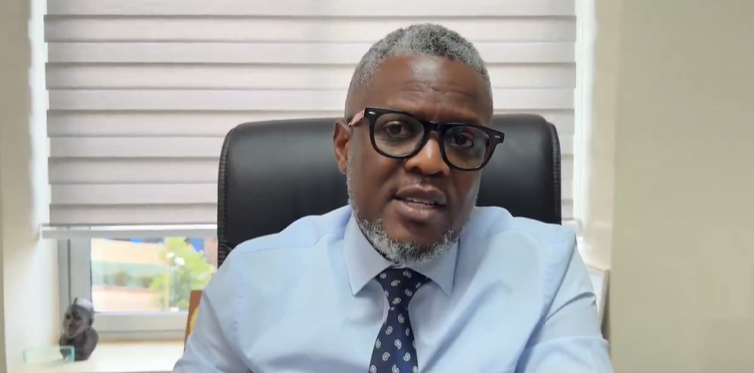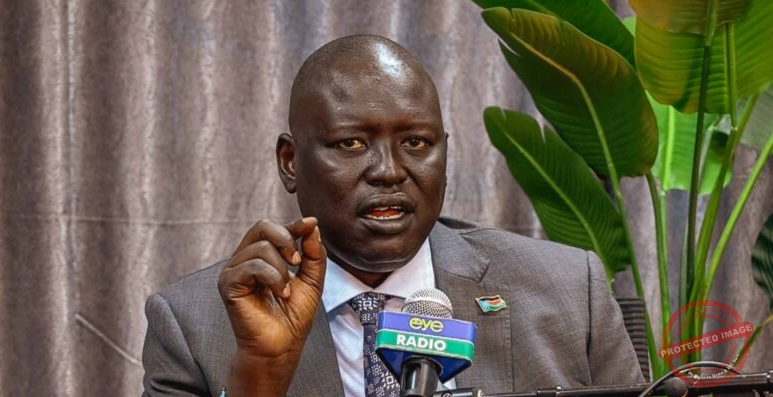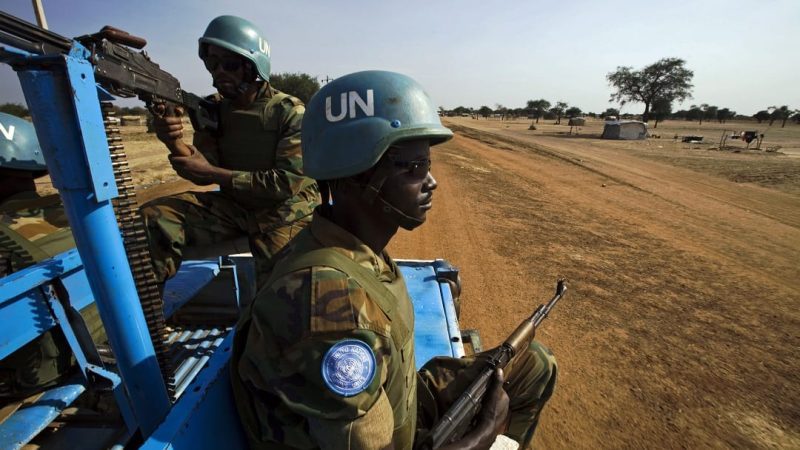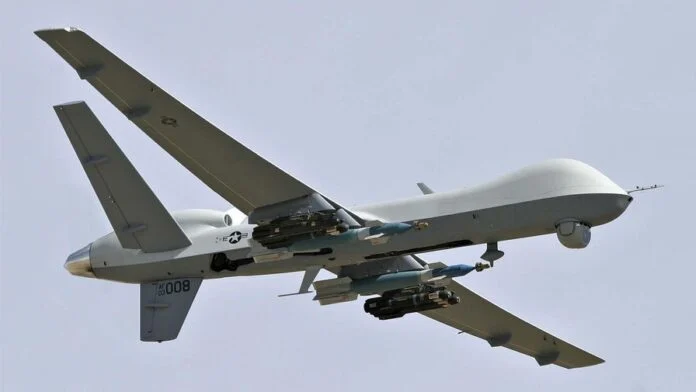South Sudan President Salva Kiir has dispatched a team tasked with organizing for the voluntary return of South Sudanese refugees from neigbouring countries, a source said.
The first delegation, a source at the presidency told Sudan Tribune, was dispatched to Sudan’s region of Darfur, where a large population of South Sudanese refugees from Western Bahr El Ghazal State, fled.
The Minister of Wildlife and Conservation, Rizik Zachariah Hassan, the office of the presidential adviser on security affairs and other ministers as well as security experts and individuals with direct knowledge and contacts with Sudanese officials and settlements of the refugees in Sudan are among those tasked to organize the return of refugees.
“His Excellency the president is serious about elections. He is also serious about ending the conflict and is encouraging the return of our people who fled the conflict to neigbouring countries. Has assigned the Minister of Wildlife to organize and coordinate a voluntary return of our people western Bahr el Ghazal State who fled to the states of Darfur,” the source told Sudan Tribune in an interview on Friday.
He added, “There is no need to continue to stay in Sudan when security situation has improved, and the peace agreement is being implemented. There is no more fighting in the Raja area at the moment. Calm and tranquility had returned to the area and so people felt it is time they return home”.
Conflicts in South Sudan continue to cause hesitations among refugees to return to ancestral homes. Albeit, fighting has subsided, past experiences and prospects for inclusive settlement remain grim.
According to humanitarian agencies, an estimated 2 million South Sudanese have sought refuge in neighbouring countries as refugees. At least 63% of South Sudanese refugees are reportedly under the age of 18.
The majority of South Sudanese refugees live in Sudan, Uganda, Kenya and Ethiopia, where their living conditions have deteriorated rapidly and pressure for their return is mounting. Yet, over the past five years, less than 269,000 “voluntary returns” have been registered, and the pace is not picking up. Doors to other countries are also largely shut.
Moreover, refugees in these neigbouring countries find themselves in a bind, between staying on in increasingly skeptical host communities or returning to an insecure future. In all of the major host countries for South Sudan refugees – Uganda, Kenya, and Sudan – hospitality is wearing thin, while an increasing share of refugees face economic deprivation.
On the other hand, however, returning to the world’s newest nation is fraught with risks – economically, socially and in terms of security – and rates of return, despite mounting pressure, have recently declined.


